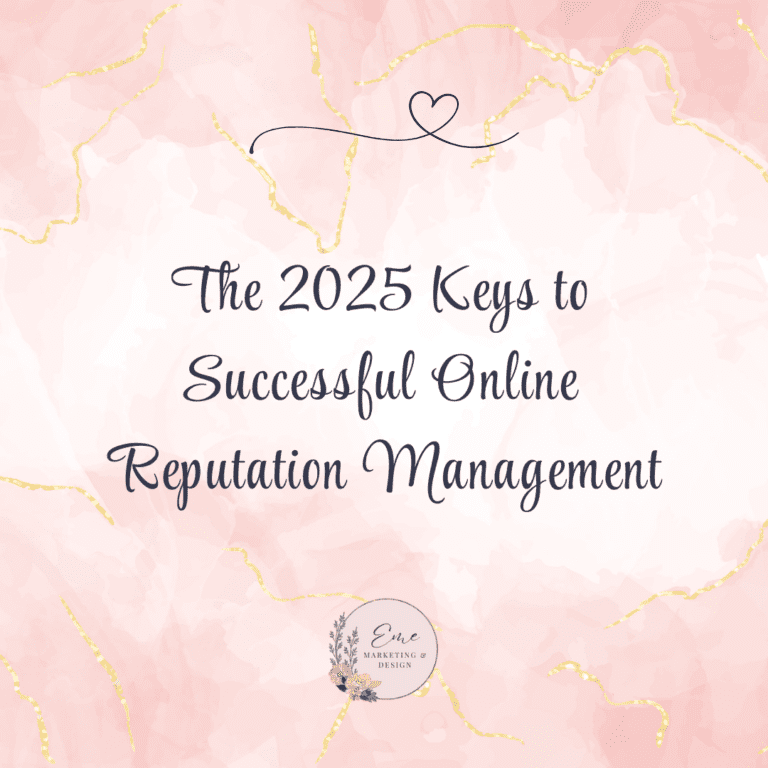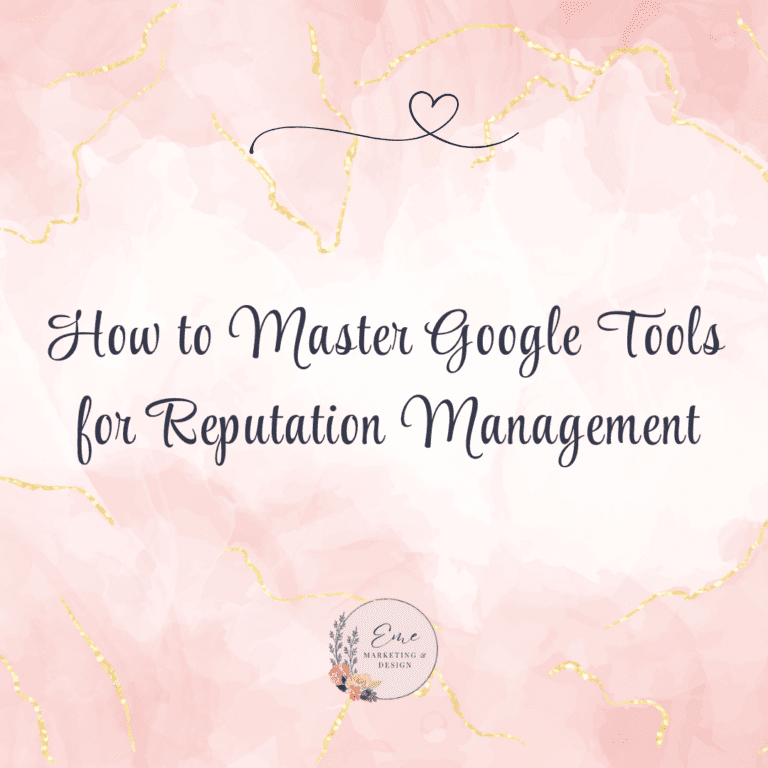
Your online reputation can make or break your brand or business in today’s digital age. With consumers increasingly turning to the internet to research products, services, and even individuals before making decisions, managing your online presence has never been more critical. Here, we unveil the top five secrets of online reputation management (ORM) to help you effectively build, protect and enhance your digital image.
1. Proactive Monitoring and Listening
The foundation of effective online reputation management lies in proactive monitoring and listening. It’s essential to stay vigilant about what others say about you or your brand across various online platforms, including social media channels, review sites, forums and news outlets.
Strategies for Proactive Monitoring:
- Use Monitoring Tools: Leverage tools like Google Alerts, Mention, or Hootsuite to track mentions of your name, brand or relevant keywords.
- Monitor Social Media: Regularly check mentions, comments and direct messages on platforms where your audience engages the most.
- Stay Updated: Keep abreast of industry news and trends to anticipate potential reputation issues before they escalate.
By staying proactive, you can quickly address negative feedback or misinformation and maintain a positive online reputation.
2. Building a Strong Online Presence
A solid online presence is not just about having a website or social media profiles—it’s about curating a professional and cohesive image across all digital channels.
Critical Components of a Strong Online Presence:
- Optimized Profiles: Ensure your website and social media profiles are up-to-date with accurate information and compelling visuals.
- Consistent Branding: Use consistent branding elements such as logos, colors, and messaging across all platforms.
- Content Strategy: Develop a content strategy that aligns with your brand values and resonates with your target audience.
A robust online presence enhances credibility and makes it easier for others to find and engage with you positively.
3. Managing Online Reviews Effectively
Online reviews significantly impact consumer purchasing decisions and can heavily influence your reputation. Managing positive and negative reviews is crucial for maintaining a favorable online image.
Best Practices for Review Management:
- Prompt Responses: Respond promptly and professionally to all reviews, thanking customers for positive feedback and addressing concerns constructively for negative reviews.
- Encourage Feedback: Actively encourage satisfied customers to leave reviews on platforms relevant to your industry.
- Monitor Feedback Trends: Identify recurring feedback themes to pinpoint improvement areas in products or services.
By actively managing reviews, you demonstrate transparency and a commitment to customer satisfaction, bolstering your online reputation.
4. Content Creation and Reputation Enhancement
Content plays a pivotal role in shaping how others perceive you online. By consistently creating valuable and engaging content, you can establish yourself as a thought leader in your industry and positively influence your reputation.
Strategies for Content Creation:
- Educational Content: Share industry insights, tips and tutorials that showcase your expertise.
- Visual Content: Utilize images, infographics, and videos to make your content more engaging and shareable.
- SEO Optimization: Optimize your content with relevant keywords to improve visibility in search engine results.
Quality content attracts and retains followers and builds trust and credibility over time.
5. Handling Reputation Crises
Even with meticulous planning, reputation crises can occur unexpectedly. How you respond during these challenging times can significantly mitigate your reputation.
Steps to Manage Reputation Crises:
- Act Swiftly: Address the issue promptly and transparently, acknowledging any mistakes and outlining steps to rectify the situation.
- Monitor Response: Keep a close eye on public sentiment and adjust your strategy based on feedback.
- Seek Expert Help: In severe cases, consider consulting with ORM professionals who specialize in managing crises.
Successfully navigating a reputation crisis can demonstrate resilience and reinforce trust with your audience.
Final Thoughts
Mastering online reputation management requires a proactive approach, strategic planning and consistent effort. You can safeguard and enhance your digital reputation with the top five secrets—proactive monitoring, building a robust online presence, effective review management, content creation and crisis handling—engaging your online reputation is an ongoing process that requires diligence and adaptability in response to evolving digital landscapes. By prioritizing reputation management, you can cultivate a positive online image that reflects your values and resonates with your audience.
Additional Resources and Links
For further reading and tools to help you manage your online reputation effectively, check out the following resources:
Start implementing these strategies today to take control of your online reputation and position yourself or your business for long-term success in the digital world.




